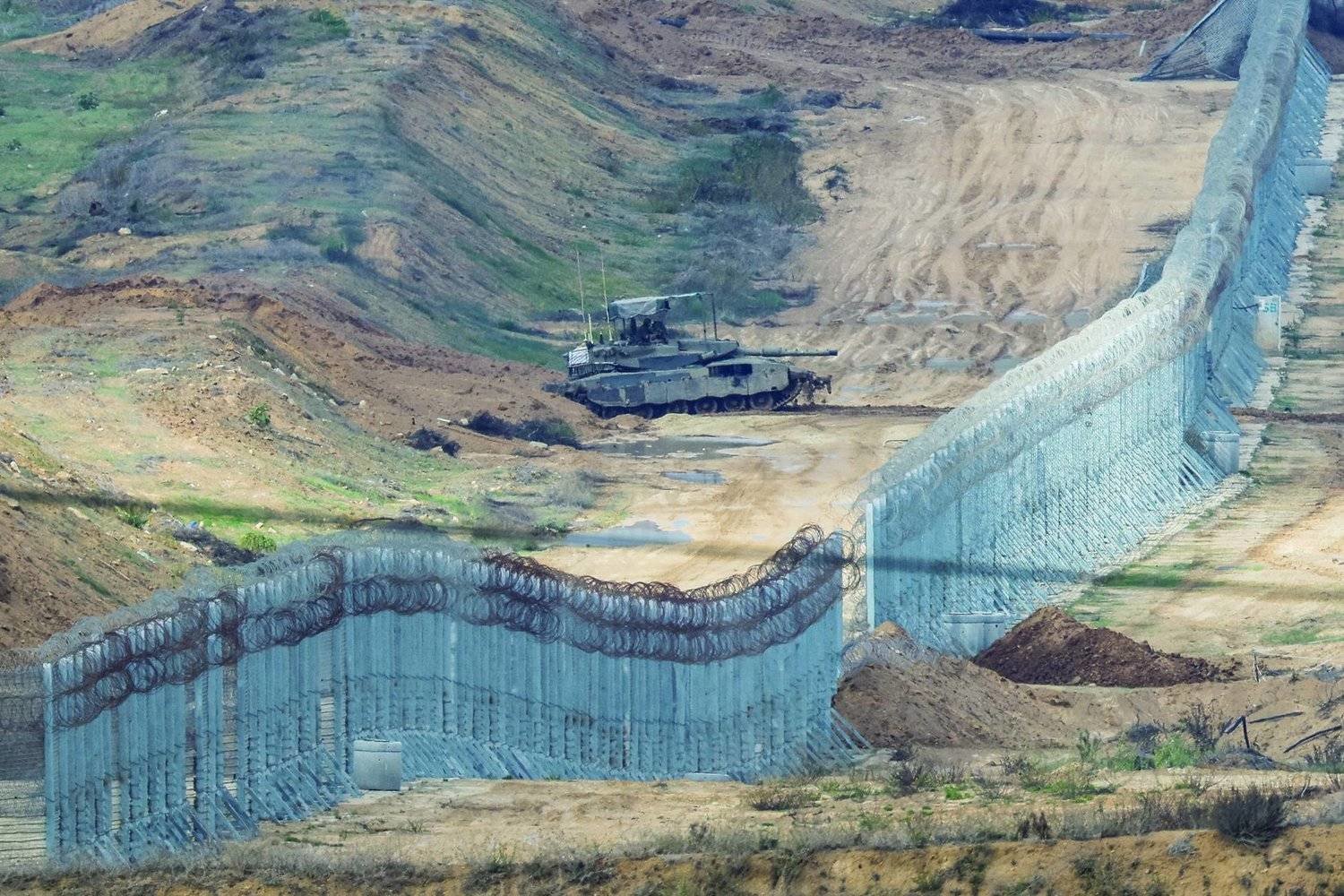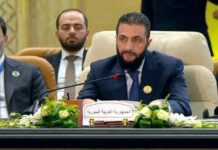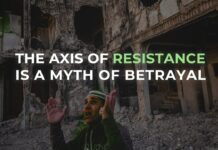
• At least 20 people were killed and 150 were wounded in northern Gaza City as Israeli tanks fired shells and live rounds at individuals waiting for humanitarian supplies. UN officials reported heavy fighting surrounding two hospitals in Khan Younis, leaving staff, patients, and displaced people trapped inside.
• The United Nations Relief and Works Agency for Palestine Refugees (UNRWA) expressed concerns over Israeli assurances not being followed up regarding the protection of facilities sheltering displaced people. The organization’s director, Thomas White, highlighted the pattern of civilian casualties in Khan Younis, emphasizing the discrepancy between assurances of civilian protection and the reality on the ground.
• A press freedom group reported unprecedented killings of journalists in Gaza, with at least 80 journalists killed by Israeli attacks. The International Press Institute (IPI) director, Frane Maroevic, called it the worst killing in a conflict zone since the organization’s founding 75 years ago, emphasizing the need for journalist protection in Gaza.
• The Palestinian Commission for Prisoners’ and Ex-Prisoners’ Affairs accused Israeli authorities of turning the Negev prison into an “unbearable hell.” The statement detailed oppressive measures, including deliberate cuts to electricity and water, isolation from the outside world, reduced food supplies, and restrictions on medical care. Over 6,000 Palestinians, including women and children, have been arrested, bringing the total number of prisoners to about 9,000 Palestinians.
• Israel’s demolition of hundreds of buildings in Gaza within a 1km buffer zone was criticized as a “land grab.” The Israeli military claimed the buffer zone was necessary for security, but reports suggested it risked further diminishing Gaza. The United States opposed the creation of a buffer zone, emphasizing the importance of no permanent changes to Palestinian territory.
• The UK called on Israel to allow more aid trucks into Gaza, with British Foreign Secretary David Cameron urging an immediate “humanitarian pause” in the fighting. Cameron announced a collaboration with Qatar to deliver more humanitarian relief, including tents. The UK emphasized the urgency of aid reaching those in need and called for a sustainable ceasefire following a humanitarian pause.
• A second French warship arrived in the Red Sea amid escalating tensions with the Houthis in Yemen. The French army stated that the deployment aimed to ensure freedom of navigation, responding to Houthi raids on Israel-linked vessels. The Houthis’ actions were described as an attempt to exert pressure to end the war in Gaza.









